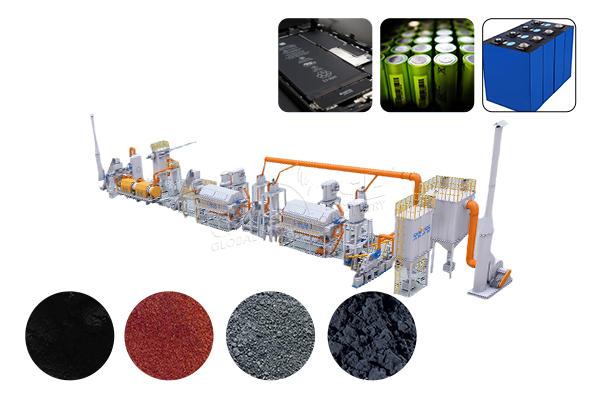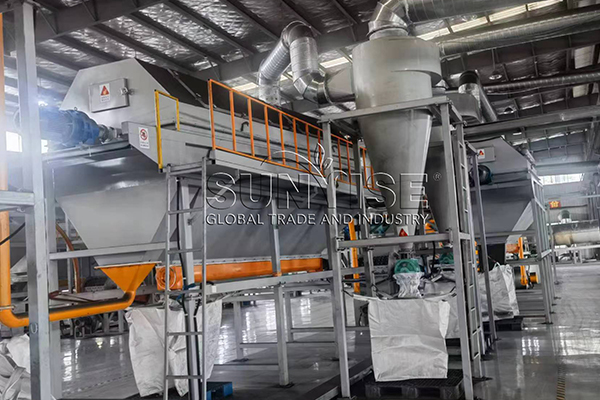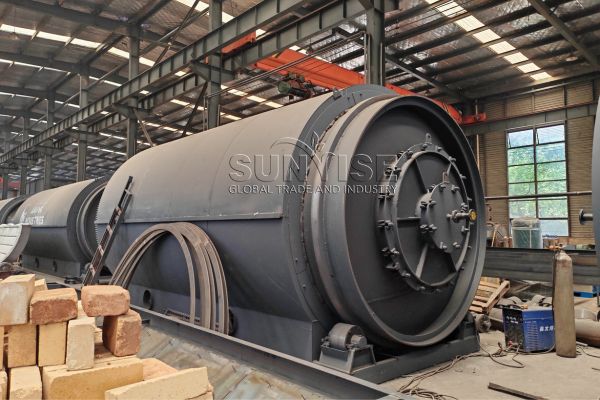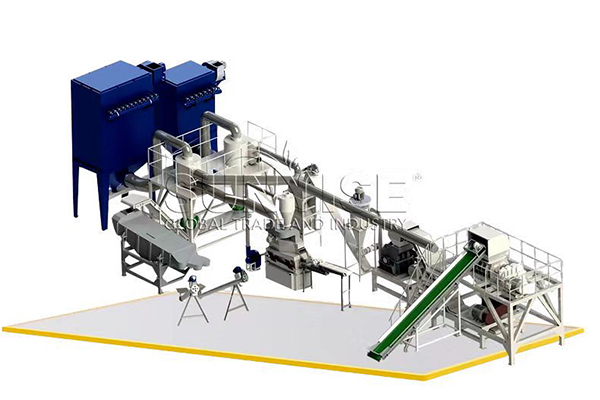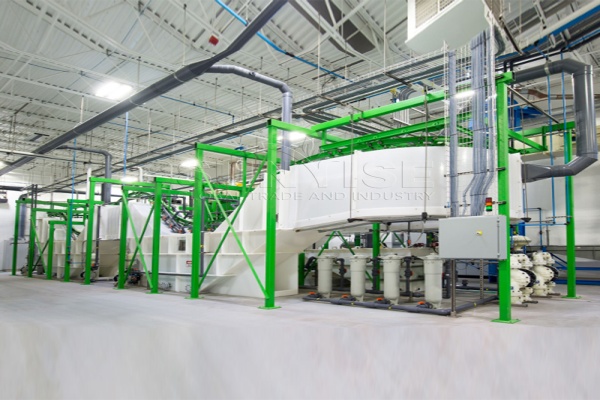Disposing of a car battery is a task that requires careful consideration due to the hazardous materials it contains. From a recycling perspective, responsible handlers of car batteries, particularly lead-acid batteries, safeguard the environment and prevent environmental contamination and health risks while reclaiming and reusing valuable materials. So how to dispose of a car battery safely and responsibly?
The Components of a Car Battery
Lead
Lead is a highly toxic material. It plays a key role in the car battery that can undergo multiple recycling.Lead
Sulfuric Acid
This corrosive liquid poses significant health and environmental risks if not handled properly.Sulfuric Acid
Пластмасса
Typically, manufacturers make the battery casing from recyclable polypropylene.Пластмасса
Electrolyte
Күкірт қышқылынан басқа, Батареяда мұқият өңдеуді қажет ететін басқа электролиттер болуы мүмкін.Electrolyte
Автокөлік батареясын тастайтын қадамдар

Сенімді қайта өңдеу сызығын таңдау
Сенімді қайта өңдеу сызығын таңдау
Литийді қайта өңдеу – ion batteries currently relies on two primary methods: pyrometallurgy (high – temperature smelting) and mechanical shredding combined with material separation. For automotive battery recycling, the critical bottleneck in improving recovery efficiency occurs during the early discharge and disassembly phases of the battery pack, regardless of the downstream recovery method.
Дегенмен, mechanical shredding offers the most significant potential for advancing recycling efficiency. Pyrometallurgical processes, which involve combustion, result in the destruction of plastics, electrolytes, and graphite. This not only leads to the loss of valuable secondary resources but also generates additional environmental risks from toxic emissions. Қайта, modern mechanical systems, such as YSX’s automated disassembly lines, can safely recover over 95% of materials (including metals, plastics, and graphite) Энергия шығынын азайту кезінде 40% балқытумен салыстырғанда. Бұл жүйелер дәлдік пен Айды пайдаланады – Батареяның күрделі архитектураларын өңдеуге негізделген сұрыптау, қауіпсіздікті және биіктікті қамтамасыз ету – Ресурстарды қалпына келтіру.
Заңды және реттеуші талаптар
Үндістанның батареясын басқару ережелері: Айналмалы экономикаға қадам
-Да 2022, ҮндістанҚоршаған ортаны қорғау министрлігі батареяларды басқаруды қалдықтарды басқару ережелерін шығарды.
Бұл ережелер Үндістанның премьер-министрі болып табылатын тұтас айналмалы экономикаға қатысты трансформациялық қадамдарды жүргізеді, Шри Нарендра Моди, оның халыққа Жолдауында жарияланды 2015. Бұл ережелер барлық батареяларды қамтиды i.e. Электр көлік құралдары батареялары, Портативті батареялар, Автомобиль батареялары, Өнеркәсіптік батареялар.
The Battery Waste Management Rules mandate that battery producers in India must responsibly collect and recycle used batteries, using the recovered materials for new batteries. The rules also prohibit the disposal of used batteries in landfills or by incineration.
Қосымша, producers must either directly participate in or authorize other entities to collect, recycle, or refurbish used batteries. A centralized online portal will facilitate the exchange of Extended Producer Responsibility (EPR) certificates between producers and recyclers to ensure compliance.
The rule imposes environmental offsets for failing to meet the extended producer responsibility goals, responsibilities, and obligations. The environmental compensation funds are utilized to gather used batteries that have not been collected or recycled for refurbishment or recycling.
Global Practices in Battery Recycling
-Да Europe жіне the United States, a recycling system for waste batteries has been established with industry associations at the forefront, supported by laws and regulations, and characterized by efficient logistics. These regions have implemented the extended producer responsibility system through legislation, outlining registration procedures for battery production, importation, and sales. Dealers and consumers are also mandated to assist in battery recycling, providing legal and institutional support for the waste battery recycling system’s operation.
In alignment with EU law, Germany has officially enacted the Battery Act, which mandates battery producers to participate in the battery recycling system or establish their own system that meets statutory standards. Battery sellers need to collect waste batteries at no cost and inform consumers about recycling options. Consumers are obligated to return waste batteries to stores or designated recycling points.
-Да South Africa, regulations such as the National Environmental Management: Waste Act and the Waste Battery Recycling and Treatment Regulations classify used batteries as hazardous waste necessitating special treatment and recycling. The government incentivizes manufacturers, importers, and sellers to recycle and treat used batteries and mandates them to provide consumers with recycling and treatment information when selling batteries.
Future Prospects in Battery Waste Management
Many countries and regions worldwide have implemented laws and regulations on battery recycling to ensure safe treatment and effective recycling of used batteries. These regulations typically focus on producer responsibility, setting up recycling systems, maintaining processing standards, and enforcing penalties. The global awareness of the importance of battery recycling is increasing, leading to enhanced supervision and management of battery recycling practices. This industry is going to see significant growth and development in the future.
The Significance of Recycling Car Batteries
Бізбен хабарласыңы



